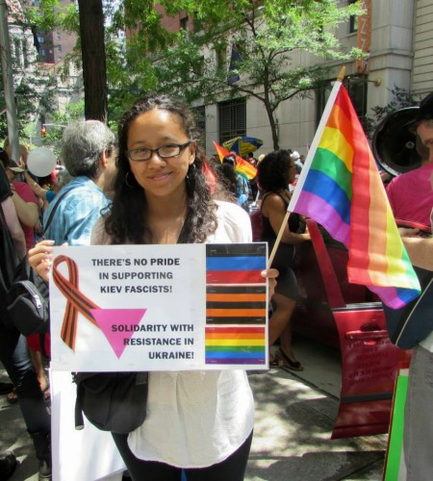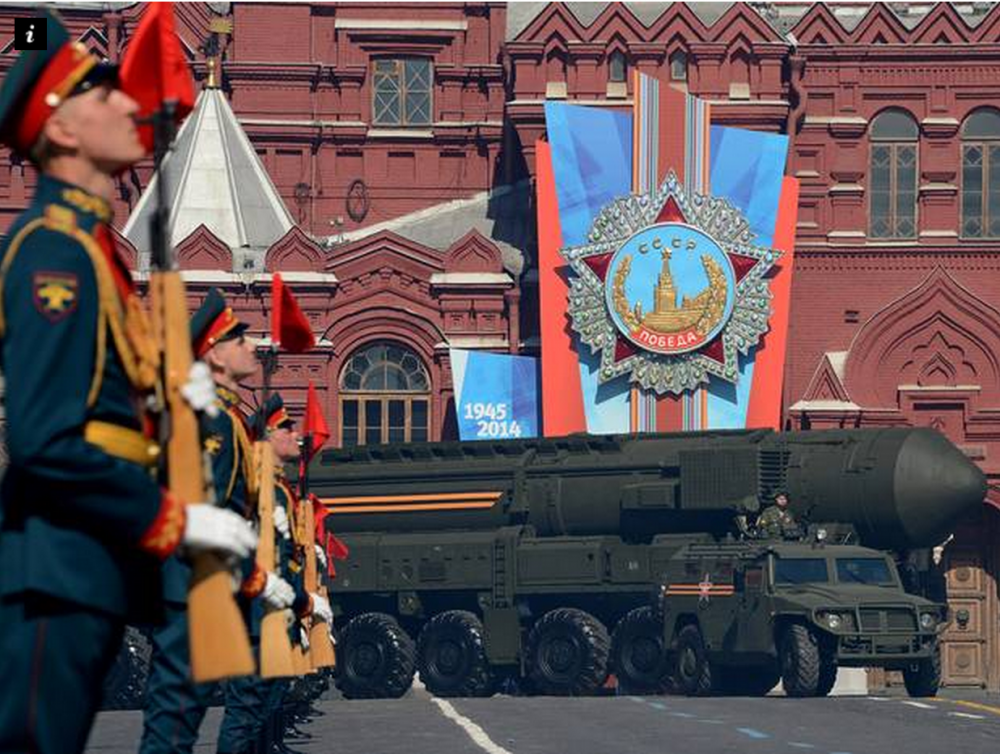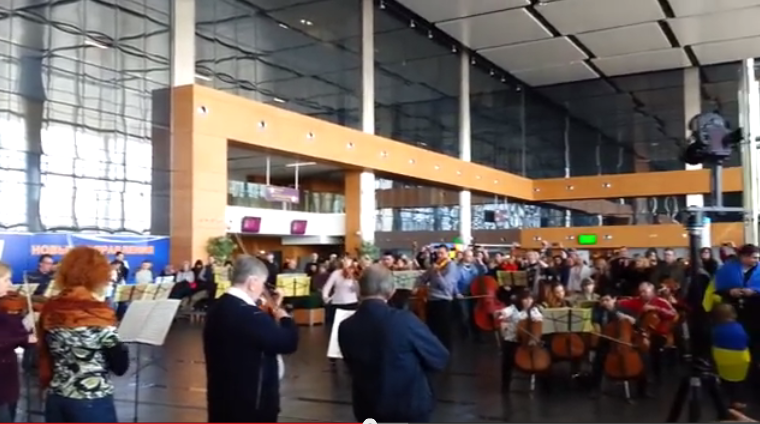Vladimir Putin’s ostentatious flirting with right-wing nationalists in Europe has attracted so much attention that many have devoted too little attention to the fact that Moscow continues to work with left-wing groups there just as it did during the Cold War, according to Igor Kubansky.
In a commentary on Rufabula.com today, Kubansky argues that “the victory of the left radicals in Greece shows that the priorities of the Kremlin in its search for ‘agents of influence’ has not changed a great deal since the times of the USSR.”
“The victory of the left radicals in Greece shows that the priorities of the Kremlin in its search for ‘agents of influence’ has not changed a great deal since the times of the USSR.”
For many in Ukraine, the West and even in Russia, he says, “it has long been a commonplace to say that “in the West, the ultra-right supports Putin,” and point to the French National Front, the Hungarian Jobbit movement, the Bulgarian Ataka party and “various Serbian organizations.”
And these same commentators point to the right-wing Golden Dawn group in Greece which declares that it “does not want to see Europe slavishly subordinate to American policy” but rather a Europe to which Russia would belong” and says that Berlin and Washington organized the Maidan in Ukraine and the persecution of Orthodox Christians there.
But Putin has other friends in Greece and in Europe, and they are to be found on the left. Among them is the SIRIZA
group in Greece which, as Kubansky points out, “is well-known for its pro-Russian attitudes and links with [Russian] imperialists” of the Dugin variety even though it supports Gay rights, backs same-sex marriages and opposes clericalism.
A clue to the reasons for Moscow’s backing of SIRIZA as well as the Golden Dawn can be found in a statement by Eurasianist leader Aleksandr Dugin who once said if he had to choose between being “with the gays against the US or with the US against the gays, [he] would choose being on the side of the gays.”
“Russia prefers to see in power in European countries a mix of Maoists, Trotskyites, Stalinists, and all the rest of the left” more than it wants those who are on the far right, however cozy Putin may be with them out of tactical considerations.
That speaks volumes about Moscow’s priorities which Kubansky says reflect the fact that “Russia prefers to see in power in European countries a mix of Maoists, Trotskyites, Stalinists, and all the rest of the left” more than it wants those who are on the far right, however cozy Putin may be with them out of tactical considerations.
“The most reliable allies of Russia in the foreign policy arena remain the left of various masks: North Korea, Cuba, Venezuela, Nicaragua, Zimbabwe, and other such regimes,” which were closely associated with the Soviet Union. Moreover, “Russian continues to support ‘the struggle of the Palestinian people against Israeli aggression.’”
Kubansky says that he does not know whether the European far right “sincerely considers that Russia has completely changed and become a ‘traditional,’ ‘rightist’ state or whether instead [it] prefers to close their eyes to the obvious.” And the obvious is very, very clear, the Russian analyst suggests.
It is this: “present-day Russia however much it tries to convince everyone of the opposite has no relation to historical Russia. All its roots are from the USSR and only from the USSR. It is not ‘a reborn Russian Empire.’ It is simply something Soviet,” part of the regime that began to collapse in the 1970s.
And Kubansky adds as a confirming postscript the following note: “As is well known, an ultra-right party, strongly opposed to the US and sympathetic to Moscow leads in all the polls in Spain. Judging from everything,” he concludes, “the Russian Federation is preparing to take revenge for [its loss in] the Spanish civil war of 1936-1939.”




